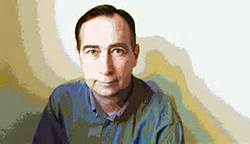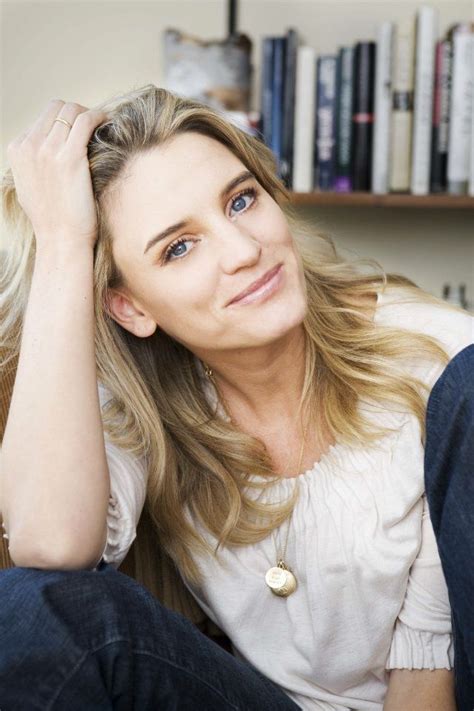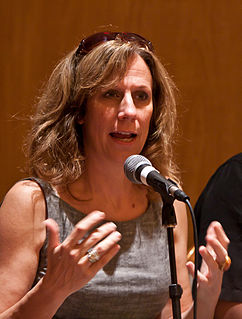A Quote by Ann Hood
I write so that people will read what I write. I don't want to write a book that a thousand people read, or just privileged people read. I want to write a book whose emotional truth people can understand. For me, that's what it's about.
Related Quotes
Write what you want to read. So many people think they need to write a particular kind of book, or imitate a successful style, in order to be published. I've known people who felt they had to model their book on existing blockbusters, or write in a genre that's supposed to be "hot right now" in order to get agents and publishers interested. But if you're writing in a genre you don't like, or modeling yourself on a book you don't respect, it'll show through. You're your first, most important reader, so write the book that reader really wants to read.
I would give them (aspiring writers) the oldest advice in the craft: Read and write. Read a lot. Read new authors and established ones, read people whose work is in the same vein as yours and those whose genre is totally different. You've heard of chain-smokers. Writers, especially beginners, need to be chain-readers. And lastly, write every day. Write about things that get under your skin and keep you up at night.
You can't write a book if you've never read a book. And if you've read five books and you try to write a book, your book will mainly encompass the themes and the context of the five books you've read. Now, the more books you read, the more you can bring to a book when you decide to write one. So the more rap I learned, the more I was able to bring to rap when I decided to rap. But this was all subconscious.
I write for people who aren't Christians. I write for non, new, and nominal Christians who are curious about the Bible and Christianity. They're like New York City. If I can make it there, I can make it anywhere. If I can write a book about the Bible that's engaging enough to attract people who aren't even Christians, I'm betting Christians will want to read it, too.
The most important thing is you can't write what you wouldn't read for pleasure. It's a mistake to analyze the market thinking you can write whatever is hot. You can't say you're going to write romance when you don't even like it. You need to write what you would read if you expect anybody else to read it.
I had self-doubt about whether my story was interesting to people. I didn't want to write something that was anecdotal. It was important to me that people would get something out of my book. I want people to read it and say, "Now I don't feel so alone," or "I'm going to remember that next time I'm being an asshole."







































